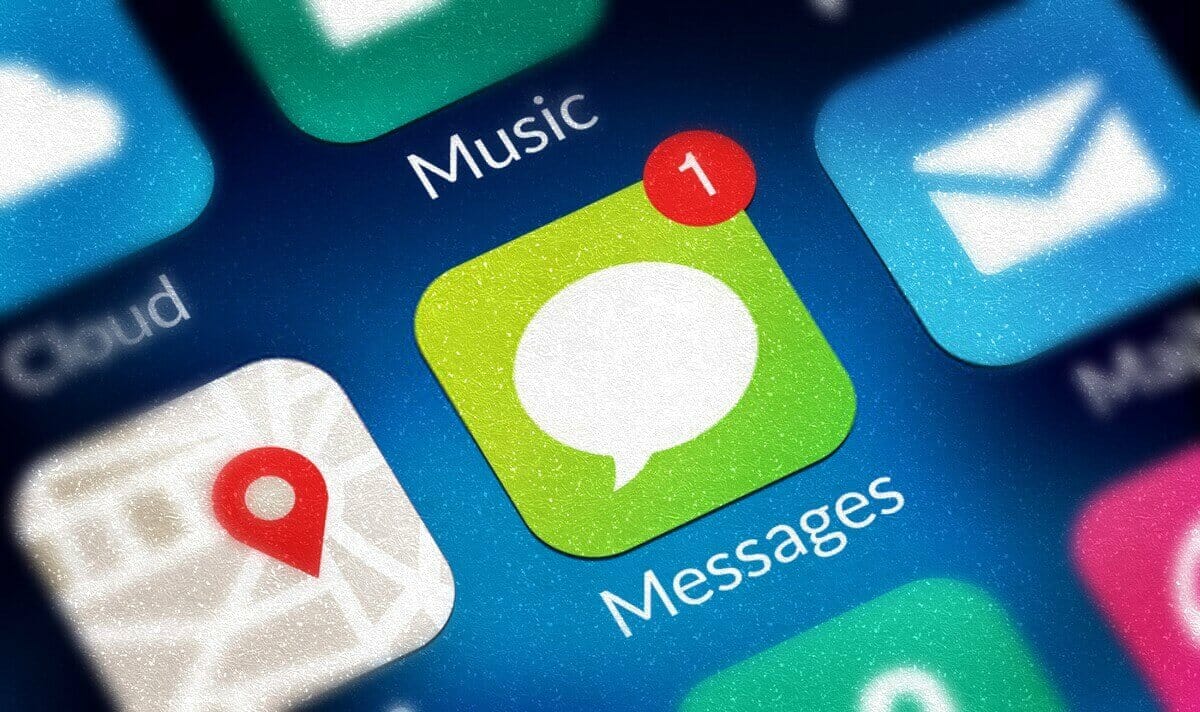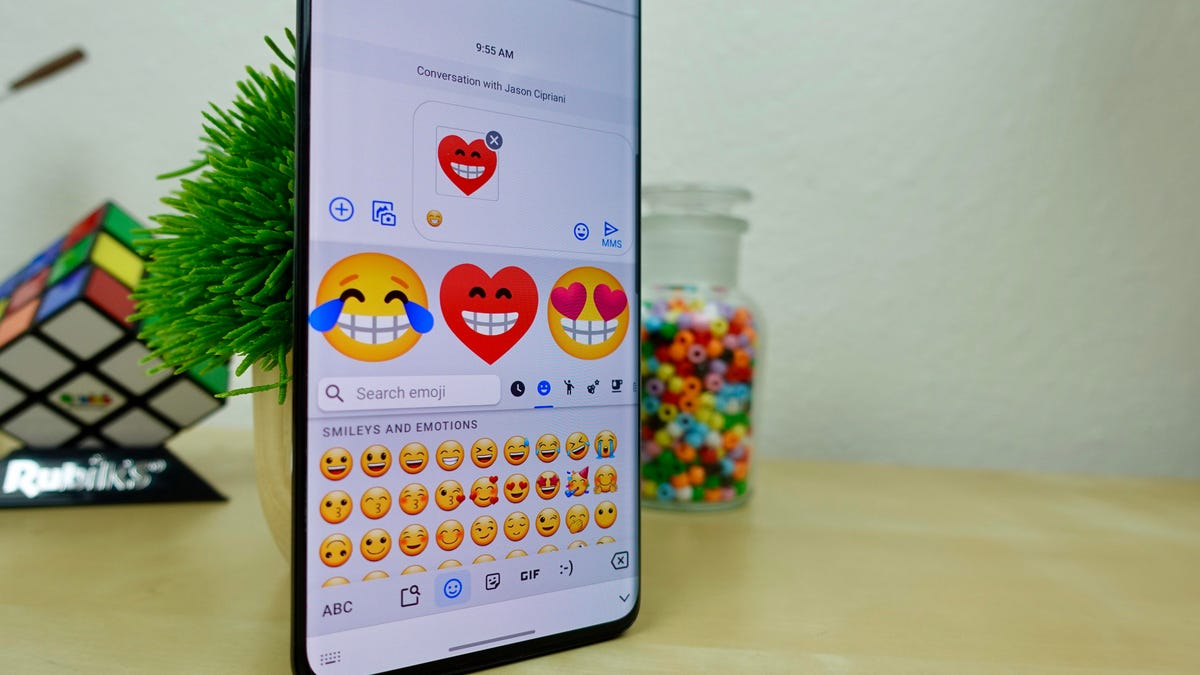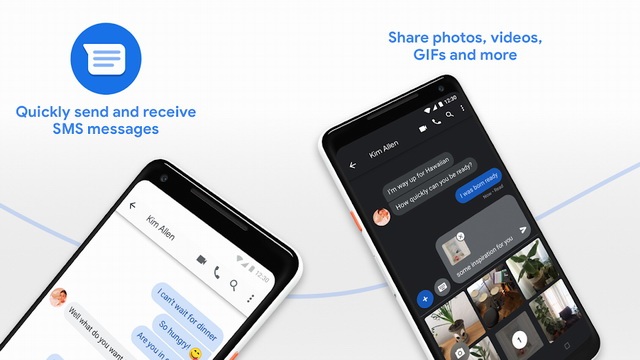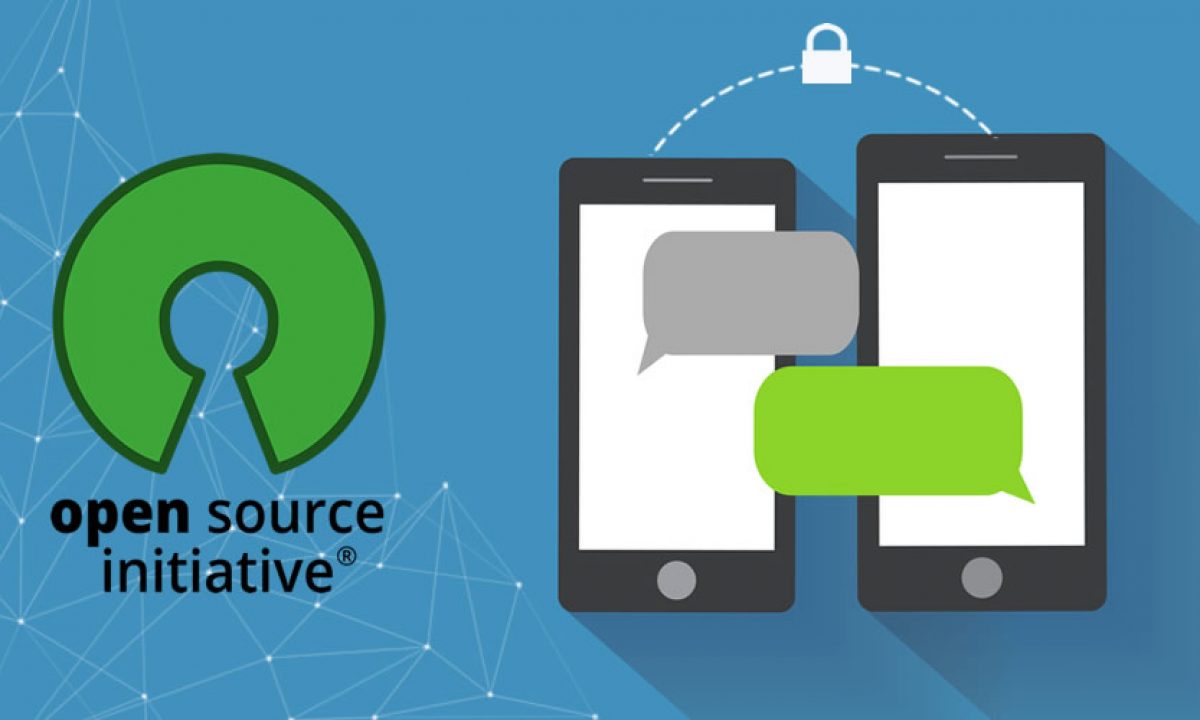
You can load up group chats, make video calls and more, and in use it's just as responsive and intuitive as the other messaging apps out there.

Those issues aside, Telegram impresses in most areas, with features like chat backups and disappearing messages (messages with expiry times attached). Other types of chat and file transfer are encrypted, but only for part of their journey to other parties. What it does have in its favor is a slicker interface, if that's important to you.Īnother caveat about Telegram is that end-to-end encryption isn't enabled by default, so you need to make sure the Secret mode is activated before you can be sure that no one else is going to tap into your communications. Telegram is almost as well-respected as Signal is, although its encryption methods aren't open source and thus haven't been as well audited by third-party security experts. Facebook can't read your messages (the end-to-end encryption prevents that), but it can log other data about you for marketing purposes, like the location of your phone. What might give you pause when it comes to using this app is that it is, of course, owned by Facebook, which means you're contributing to the data collection practices of the world's biggest social network. All those chats are fully encrypted by default – there's no way to turn this off. WhatsApp's immense popularity works in its favor as well, because the chances are that the people in your contacts list already have it installed to keep in touch with friends and family. You can ping a lot of people at once with the Broadcast feature, leave voice memos, and more besides.

As well as the standard text-based conversations, it's able to handle video calls, group chats, location sharing, and the transferring of files of various types. There's very little that WhatsApp can't do. You're no doubt already familiar with WhatsApp as one of the best messaging apps out there, but you might not have realized that it offers end-to-end encryption for your messages – in fact, it uses the super-strong encryption protocol developed by Signal. The app also includes several other useful features on top of the tight security, such as video calling, and disappearing messages that vanish after a certain time period (perfect for those conversations you don't want to stay on the record). Signal can replace the default SMS app if you want it to, but basic SMS texts aren't encrypted – you and the person you're chatting with both need to have Signal installed for the encryption feature to function properly, otherwise Signal doesn't have enough control over both ends of the conversation. It does support group chats though, as well as the sending of files and photos in addition to text, so you're going to be pretty well covered no matter what your needs. That doesn't make it any easier to hack, but it does mean there are a lot more pairs of eyes looking at the robustness of the encryption methods.īesides the industry-leading encryption on offer here, the app itself is fairly plain and basic in terms of visuals and appearance. Signal is widely regarded as the gold standard of encrypted messaging apps, not least because its encryption engine is open source and available for anyone to inspect. Here we feature the best encrypted instant messaging apps currently available.
BEST FREE TEXT MESSAGING APP ANDRIOD MMS ANDROID
With the ever-increasingly popularity of Android phones, encrypted apps have become increasingly popular.
BEST FREE TEXT MESSAGING APP ANDRIOD MMS SOFTWARE
Powerful encryption software built into the messaging apps means that any third-party intercepting those messages will not be able to read them. Additionally, private messaging traditionally involves copies of your chat sessions to be saved on the company servers, which could be exposed and published online by a successful hack attack.Įncrypted instant messaging ensures privacy and security by making sure that only the person you are sending your messages to can actually read them.


These aim to better protect users in an internet world where marketing companies are increasingly trying to not just track users but also read their messages. Messaging apps have been common in Android smartphones since their release, but while there are an increasing number of privacy apps available, there are also a growing number of encrypted chat apps.


 0 kommentar(er)
0 kommentar(er)
